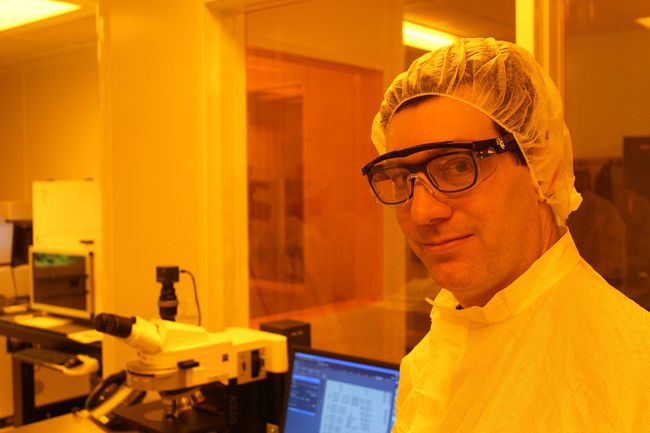Jan 20, 2017
3D Printing on the Nanoscale: 3D Laser Lithography Produces Improved Micro- and Nano-Optics
Posted by Karen Hurst in categories: 3D printing, nanotechnology
The things that can be done with 3D printing never cease to amaze. To the casual observer with only a passing knowledge of the technology, it appears on the surface to be an interesting method of producing plastic odds and ends, and sometimes metal parts – but 3D printing is so much more, as anyone who follows the progression of the technology on a regular basis knows. The things it is capable of producing are often hard to wrap one’s mind around – especially when you look at 3D printing on the nanoscale.
A group of scientists from Lithuania, France and Australia are busy studying 3D printing on a very small scale. As a newly published paper entitled “Optically Clear and Resilient Free-Form μ-Optics 3D-Printed via Ultrafast Laser Lithography” explains, 3D printing is capable of creating functional objects that are impossible to produce via conventional manufacturing techniques, and structures at the miniature, micro- and nanoscales are no exception.
















